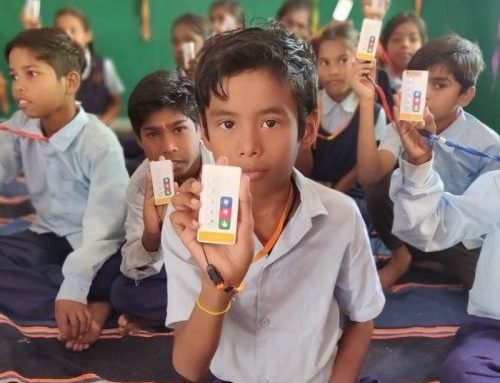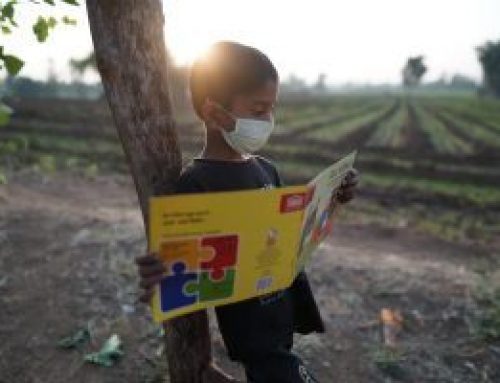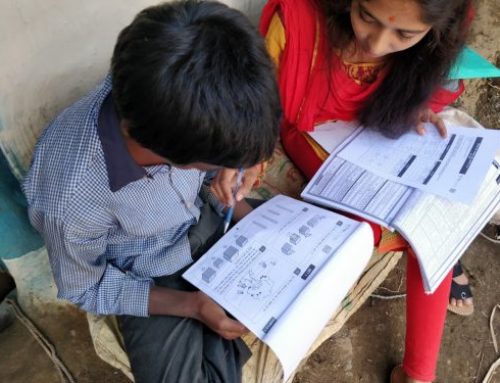While COVID-19 has disrupted students’ education around the world, it has also provided an opportunity for significant change around how students are evaluated – a chance for ministries of education to rethink academic assessments and to implement new approaches.
In light of school closures, some countries have turned to online solutions to conduct examinations, such as Cambodia, Estonia and Myanmar, while others have used alternative approaches including prioritizing the curriculum or using standardized assessment. In the United Arab Emirates, a smart evaluation system leveraged artificial intelligence to automatically monitor assessments and prevent cheating without human intervention, saving costs. While these assessment strategies have been implemented due to the COVID-19 crisis, will they continue in the post-COVID-19 era? The answer to this question remains unknown.
What is clear is that the pandemic has reinvigorated the discussion around formative assessment and the debate around high-stakes examinations. Participants from an online poll primarily agreed that the crisis will likely lead to more continuous assessment for final student evaluations.
Indeed, this new reality brings weight to the need for greater formative assessments. By continuously assessing students, it can help ensure qualifications are not lost, not only during a crisis but throughout a regular school year.
Now is the time to revaluate how students are evaluated and reflect on why we conduct assessments. Governments and ministries of education should keep these conversations at the forefront to ensure that post-COVID-19 education systems include assessment methods that are sustainable and beneficial to all learners.
This is a summary of the UNESCO and International Institute for Education and Planning blog ‘Will we ever go ‘back to normal’ when it comes to student assessment?’. Click here to read the full blog.




